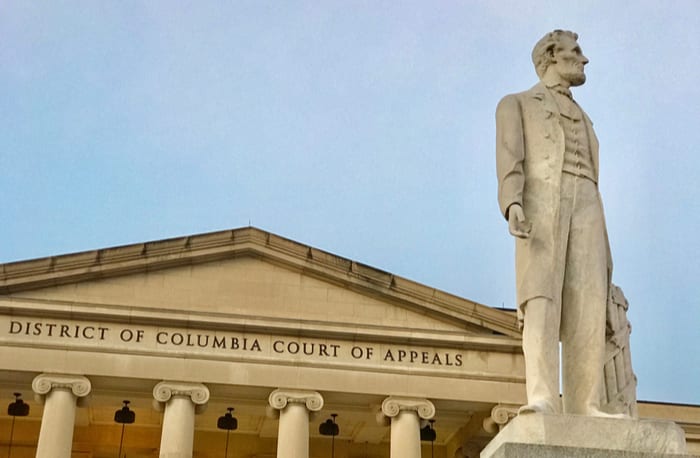Automakers Worry That Qualcomm Appeal Could Boost Cost Of 5G Cars

If microchip supplier Qualcomm wins its case on appeal, the cost of connected cars using 5G technology will skyrocket, automakers and suppliers said in court filings on Friday (Nov. 29), Reuters reported.
Judge Lucy Koh ruled in May that Qualcomm, the world’s largest supplier of mobile phone chips, is a monopoly and has to change the way it does business. Qualcomm is trying to overturn that antitrust decision; appeal proceedings are expected to begin in January.
The legal saga started in 2017 when the FTC accused Qualcomm of operating a monopoly and charging exorbitant licensing fees. As part of the ruling, Qualcomm must submit annual compliance reports to the FTC for the next seven years.
Qualcomm’s opponents want the anti-trust decision to stand. Trade groups representing the U.S. divisions of BMW, Ford, General Motors, Toyota and others are weighing in ahead of the court date about the negative effects of Qualcomm’s licensing practices.
Intel Corp told the court that Qualcomm’s licensing practices forced it to sell its smartphone modem chip business to Apple at “a multi-billion dollar loss.” German supplier Continental AG and Japan-based Denso — makers of “infotainment” and location-tracking car technology — also weighed in, as did other patent holders. They alleged that Qualcomm would not license its technology to chip makers that charge only a few dollars per chip. Instead, Qualcomm looks to sign licenses only with higher-end car makers who would be “less motivated to fight for every dollar” in license fees.
“The resulting inefficiency is ultimately borne by consumers in the form of higher prices,” the auto suppliers argued in a court filing, Reuters reported. Qualcomm should negotiate directly with the suppliers to avoid “unnecessary, costly, and inefficient licensing negotiations” with the car makers themselves. “The suppliers that incorporate chips into their products likely are ready to negotiate with Qualcomm,” the groups wrote.
The legal battle between Apple and Qualcomm was settled in March after a jury in federal court in San Diego sided with Qualcomm. The jury found Apple owed Qualcomm around $31 million for infringing on three of the mobile chip maker’s patents.